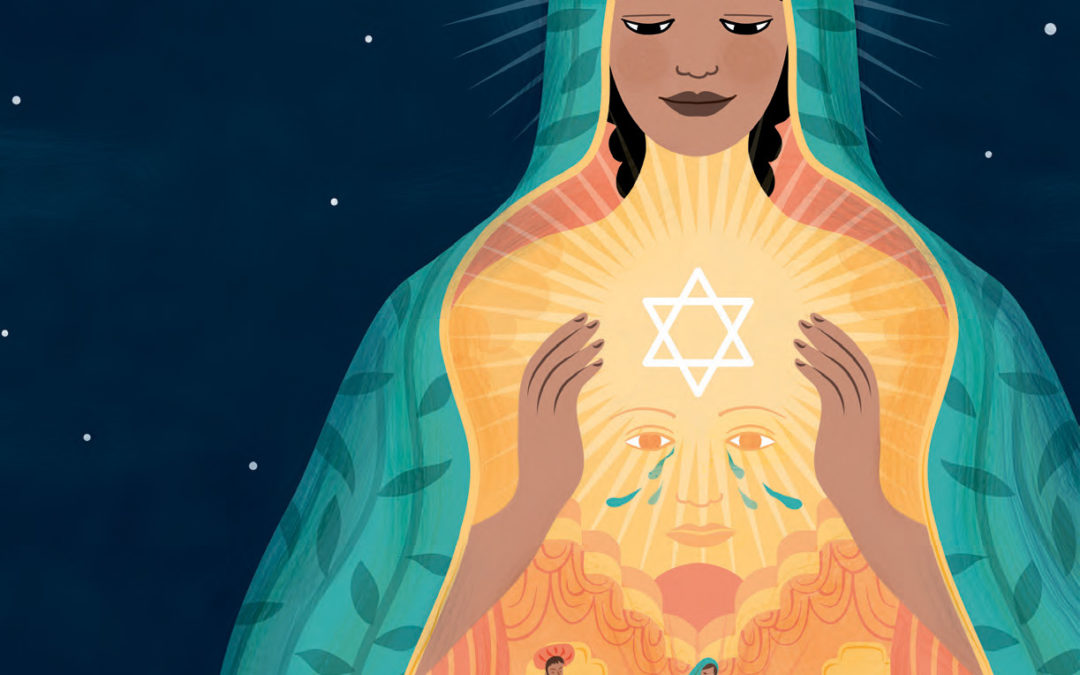The book of Esther is one of the latest writings of the Old Testament, perhaps written to inspire Jews who had been scattered in the diaspora. The narrative takes place in the court of the King of Persia, King Ahasuerus. Some think that it was written to explain and establish the Jewish festival of Purim.
This three session-study is brought to us by Kay Ward, a bishop of the Moravian Church who lives at Marquardt Manor, a Moravian retirement community in Watertown, Wisconsin. She continues to serve in ministry as a pastor to pastors and intercessor for the church. Before retiring from the staff of Moravian Theological Seminary in Bethlehem, Pennsylvania, she served in team ministry with her husband, Aden. Kay was the first woman to be elected a bishop in the 541 years of the Moravian Church (the Unitas Fratrum).
Session descriptions:
Session one: For such a time as this: Esther the queen—Voices in the king’s court
Session one sets the scene for the story of Esther and her adopted father, Mordecai. Esther and Mordecai are Jews living under the rule of the Persian king, King Ahasuerus. When Esther becomes the queen, her faith is tested.
Session two: For such a time as this: Esther saves the Jews—Finding our voices
In session two we’ll learn how, when the Jews are threatened, Esther uses her strong faith and the love of her people to embolden her to act. Through some clever schemes, intelligence and a realistic assessment of her situation, Esther is able to save her people.
Session three: For such a time as this: Remembering Esther: Using our voices
In session three, we’ll examine the last chapters of the book of Esther, which are full of hope for the future for the Jews. As women of faith, full of love for God and others, we will consider ways to find and use our voices in our present circumstances—“for such a time as this.”
Download sessions two and three.
Want to know when more information about upcoming Bible studies is available?
Sign up for Gather’s e-newsletter here.
More upcoming Bible studies:
Spring 2026: “I AM: God’s holy name and promise,” a three-part Bible study by the Rev. Hannah Hawkinson
(March) Session one—Bread, vine and light: Abiding with us (John 6, 8 and 15) We begin this session by rooting and grounding ourselves in the story of Moses at the Burning Bush, learning about God’s holy name, I AM—a name that holds all of time and space, all that was...
(Bonus intergenerational Bible study session / devotional for May or another time): “Paul’s letters and yours,” by the Rev. Angela Shannon
Our world often moves at a head-spinning pace. Regardless of where you find yourself, the responsibilities of daily living may sometimes feel overwhelming. In this one-session Bible study/devotional, we will look at some of the ways Paul’s letters invite us to engage...
Summer 2026: “I am worthy,” by the Rev. Sara Olson Smith
This summer, Women of the ELCA participants will gather in Des Moines, Iowa, under the theme “I am worthy.” When Nobel Peace Prize winner Leymah Gbowee spoke in 2017, she invited WELCA participants to reclaim space for women and girls to lead and love in bold ways....






I already get the Gather magazine.
Got it! Thank you!
Sharon
I did subscribe to the newsletter and still don’t have access. Aren’t you supposed to send a link as per instructions above?
Hi, Sharon,
Yes, a link should have automatically come to you. I’ll send it to the email address you shared here.
Sarah
When will I receive the complete version of the Summer studies????
Gesa,
The summer studies will arrive for subscribers in the June and July/August issues. The June issue should have already arrived, and the July/August issue will arrive in the beginning of June.
If you want to download the studies, we now require that you subscribe to Gather’s free e-newsletter in order to access the studies. You can either subscribe or confirm that you are already a subscriber by clicking where it says “enter your information here” above. A link to download the studies will be sent to you via email.
Sarah Carson
I subscribed to the newsletter and just received my link. Thank you!!!
Fantastic!
When will the downloads for Lessons from Esther be available for download?
Hi, Sharon,
The sessions are available for download now. We now require that you subscribe to Gather’s free e-newsletter in order to access the studies. You can either subscribe or confirm that you are already a subscriber by clicking where it says “enter your information here” above. A link to download the studies will be sent to you via email.
Sarah Carson
Thank you.
Where or how can I access the complete study for June, July and August?
Can’t wait to meet up with Kay again!!